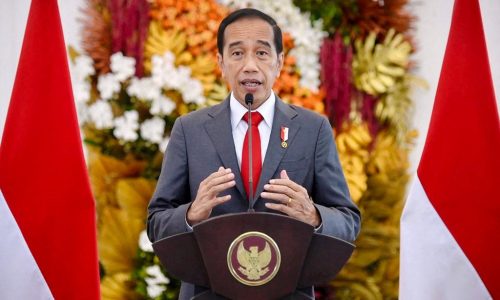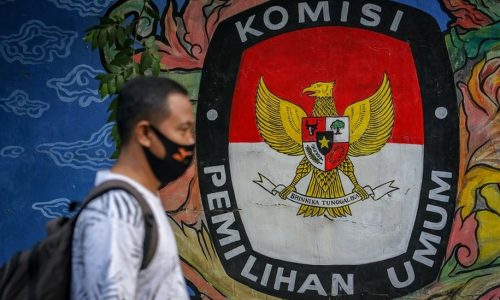President Joko “Jokowi” Widodo reiterated that Indonesia would continue to develop the nickel downstream industry program despite losing the lawsuit by the European Union at the World Trade Organization over the nickel ore export ban. In response to the WTO ruling in favor of the EU, Jokowi instructed his ministers to appeal the decision. He argued that the decision did not have an absolute and binding power, and an appeal is still possible.
“As a result of the lawsuit filed by the European Union, we lost. But it is okay. I have instructed the ministers to file an appeal,” the president said in his remark during the National Coordinating Meeting on Investment in Jakarta on November 30, 2022.
Jokowi stressed the importance of growing the downstream industry. He also noted the importance of protecting the ban on nickel ore exports because they are part of the government’s efforts to enhance domestic mineral productivity.
Developing the downstream industry is crucial as it will benefit investors and businesspeople, as well as small and medium-sized businesses. The government intends to continue developing the downstream nickel industry and is willing to accept any legal action brought by any nation.
Developing downstream industry without banning nickel ore export
Energy economist at the Gadjah Mada University (UGM), Fahmy Radhi, believed Jokowi had known since the beginning that Indonesia would fail in the lawsuit to overturn the WTO’s export ban. Despite this, Jokowi insisted on banning the export of nickel ores for several reasons. As a result of the ban, businesspeople are forced to develop the downstream nickel industry.
Radhi suggested that the government wait until the WTO issues a final and binding ruling before rescinding the export ban.
“Its purpose is to ensure that the nickel industry can develop well and that an ecosystem of nickel ores and derivative products can be formed,” he explained, adding that if the ecosystem of the downstream nickel industry had been established, the government would have lifted the export ban on nickel ores.
Radhi explained that Indonesia had other instruments that could be used to continue the development of the downstream nickel industry without violating the WTO rules:
- First, to increase the export tax on nickel. Nickel prices will rise in the European market due to higher export taxes.
- Second, a domestic market obligation (DMO). The coal industry has been subjected to DMO regulation. The purpose of the DMO regulation is to prevent one country from having a monopoly over the Indonesian nickel industry, similar to China’s situation.
“As long as the government acts with consistency and resolve, the nickel industry in the country cannot be monopolized by any country or state, such as China and oligarchic interests,” Radhi concluded.









